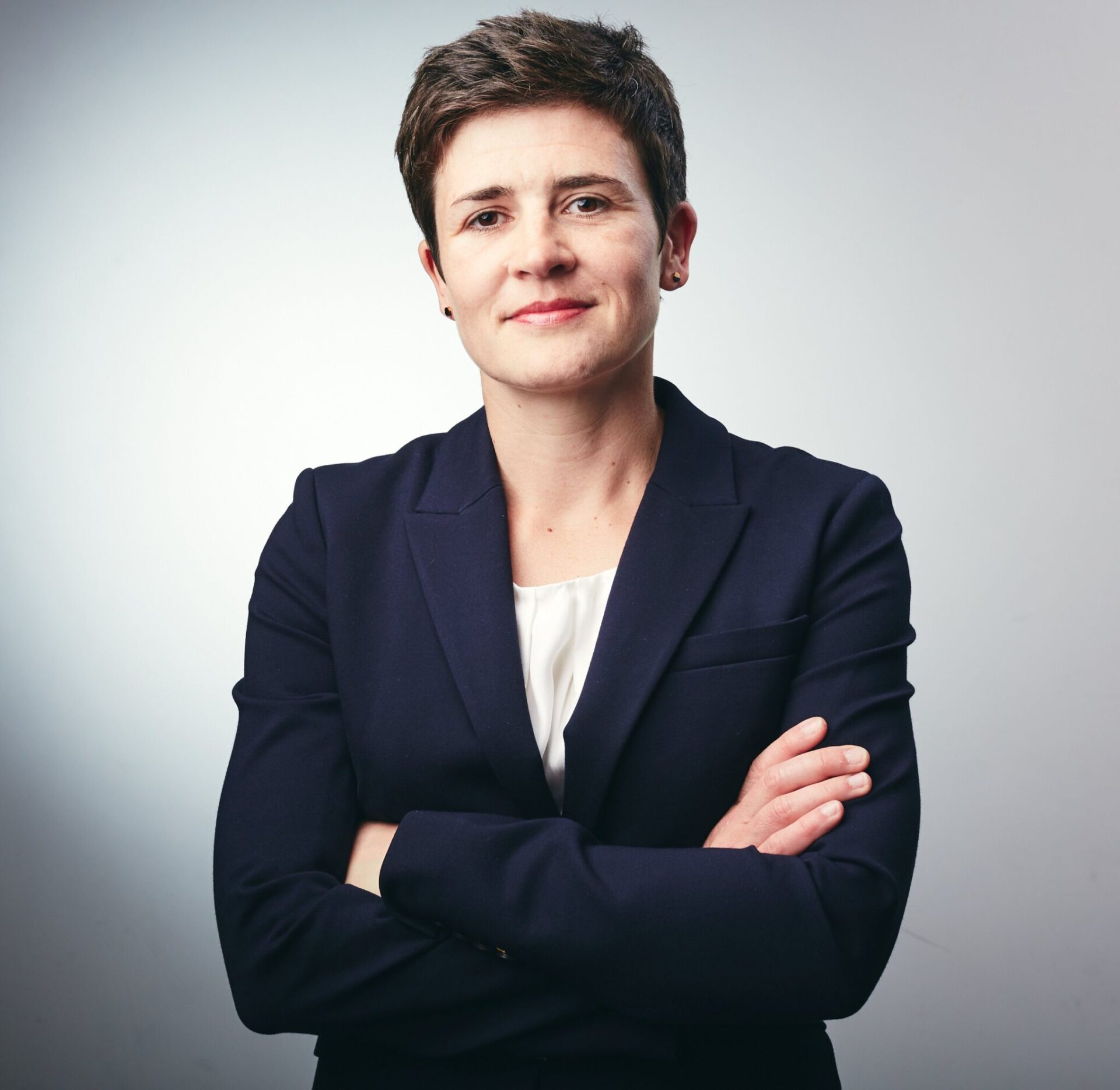©Dr_Microbe – stock.adobe.com
AI improves diagnosis and treatment
Patient data and artificial intelligence
When children develop cancer, in almost one in three cases it is leukaemia. It is the most common cancer in the age group up to 14 years and the incidence rate continues to rise. In Germany, the number of cases has more than doubled in the last 40 years.
Leukaemia develops in the bone marrow, the place where blood is formed. A malignant change in the genetic material of a stem cell causes the bone marrow to produce immature blood cells. They do not function properly, multiply uncontrollably and displace the healthy blood cells, which can no longer perform their tasks. In childhood, acute lymphatic leukaemia (ALL) is the most common form, accounting for about 80 percent of all cases. In ALL, it is the lymphocytes, a subgroup of the white blood cells, that no longer mature. Without lymphocytes, the body loses the ability to fight off viruses or bacteria. ALL occurs suddenly and would lead to death within a short time if left untreated. Even though the chances of cure for most forms of childhood ALL are good, there are still problems with some subgroups. For example, survival rates for aggressive leukaemias stagnate despite intensified therapy, including stem cell transplantation.
ALL patients are divided into risk groups, each with different treatment plans that take into account the risk of relapse and the prospects of cure (stratification). In clinical practice, the genetic changes, the white blood cell count and the age of the patient are the most important prognostic factors that determine the risk stratification and the treatment plan. In recent years, genomic analyses of leukaemias have uncovered several new genetic alterations that are now used as prognostic markers, some of which have led to changes in treatment decisions. However, many important questions remain unanswered. For example, in most cases it is not known whether and how the marker genes are involved in the development of cancer. Physicians, biologists and computer scientists are facing the joint challenge of better understanding the development of leukaemia.
In the Leibniz AI Laboratory, Dr Anke Bergmann from the Institute of Human Genetics at the Hannover Medical School (MHH) and Dr Michelle Tang from the L3S are working in the ALL use case to find additional diagnostic and prognostic markers for ALL in children. In doing so, they are cooperating closely with doctors from the paediatric cancer ward at the MHH. “In order to provide patients with the appropriate treatment with as few side effects as possible, to identify high-risk patients and to improve the chances of cure, close cooperation between experts from different fields is of central importance,” says Dr Bergmann. This is the only way to ensure a seamless transfer of knowledge from the bedside to the lab and back.
First, the team uses AI models to analyse sequencing data of the genetic material. “This novel approach has allowed us to identify new patterns in ALL subgroups,” says Dr Tang. So far, about 30 per cent of all patients cannot be assigned to any subgroup. “Our machine-learning models can now predict subgroups more precisely for these patients and thus enable appropriate therapy,” Tang adds.
The team integrates the machine models into a user-friendly graphical interface that allows doctors and researchers to view and query not only genetic data, but also clinical data such as age, gender, or drug responses. The web tool not only provides a better overview of each individual patient, but also facilitates the analysis of patient groups. “Our experience from this collaboration confirms how important it is to use AI in medicine. This knowledge enables targeted therapy, whereby side effects and long-term consequences can be kept as low as possible on an individual basis,” says Bergmann.

Contact

PD Dr. med. Anke Bergmann
Anke Bergmann is deputy head of the Institute of Human Genetics at the Hannover Medical School. She heads the Use Case ALL in the Leibniz AI Laboratory.

Dr. Michelle Tang
Michelle Tang is a research associate at the Leibniz AI Lab. Her research focuses on bioinformatics, machine learning and deep learning, and data science.


